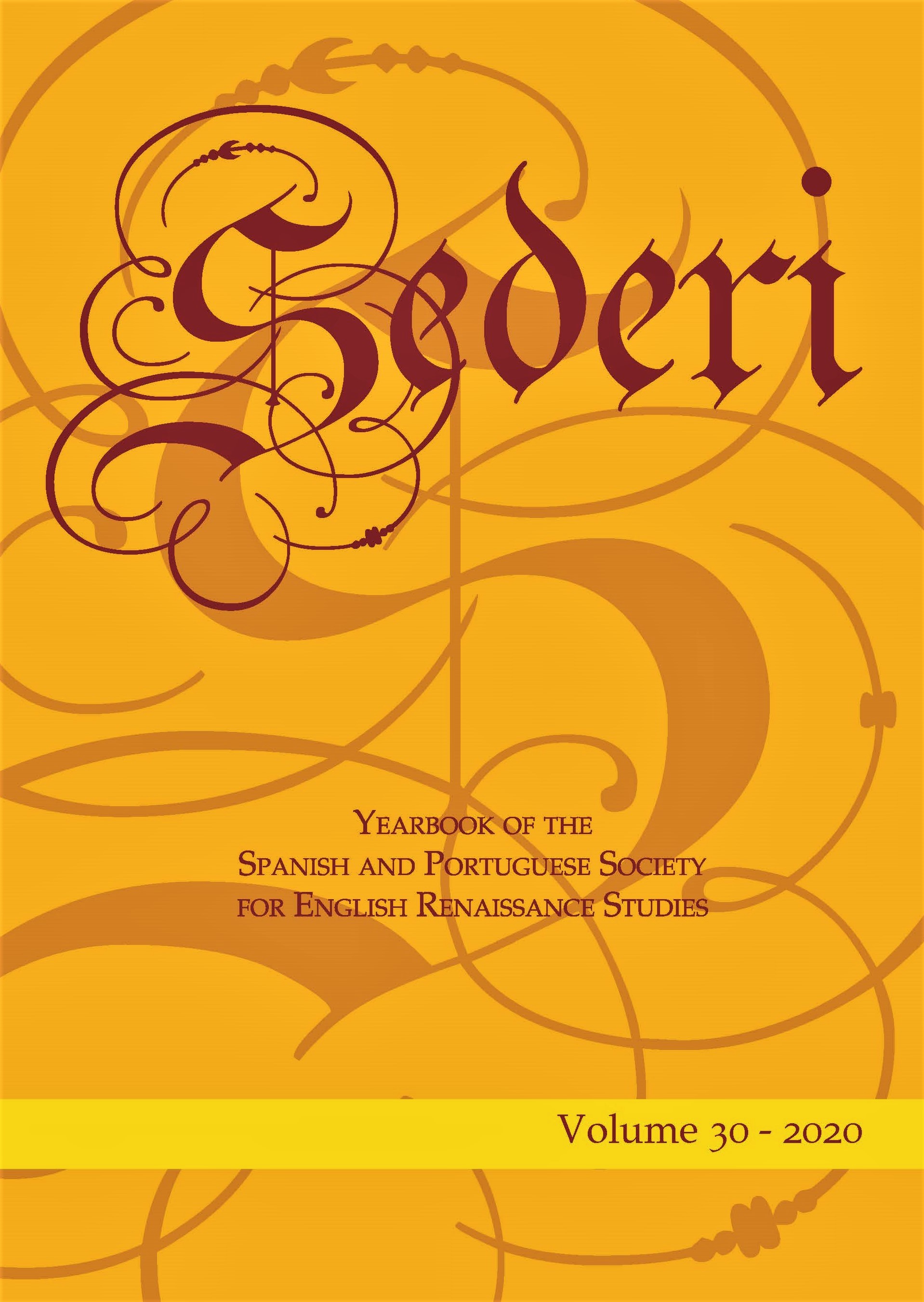The romance of Nahum Tate’s King Lear
Palavras-chave:
King Lear, Nahum Tate, Shakespeare, Ethics, Christianity, RomanceResumo
Nahum Tate’s History of King Lear (1681) refigures Shakespeare’s natural man on a Hobbesian model in order to make the play legible to Restoration audiences. As a way to mitigate Hobbes’s ethically hollow conception of human nature as acquisitive and self-interested, Tate provides his viewers with a compensatory romance. Tate’s “unaccommodated Man” is governed by self-interest yet capable of transcendent love (3.3.81). The liberties Tate took with Shakespeare catered to his audience’s uneasy assimilation of secular and empirical ideas about what it meant to be human that made Shakespeare’s original feel both alien and disturbing. The romanticized human nature offered up in Tate’s Lear accounts for the success the play enjoyed well into the nineteenth century. As much as we might give the adaptation the side-eye, we are, in fact, affectively and ethically closer to Tate than we are to Shakespeare.
Downloads
Publicado
Edição
Secção
Licença
The copyright holder of the published contributions is SEDERI.The hardcopy and an open-access version of the journal will be published simultaneously. The issues will be available online in the SEDERI website (http://www.sederi.org/yearbook/) and other repositories that have signed an agreement with SEDERI.
The authors who publish with this journal agree to the following terms:
a) SEDERI retains copyright of the essay.
b) If the author wishes to republish or rewrite the essay for another journal, or include the essay published in SEDERI in their personal repositories, or in any other way, they should contact the editors to obtain permission to do so. This will entail citing SEDERI as the original source and sending the editors a copy of the new version, or the link to the website, in case of online publishing.
The author(s) hereby warrant(s) that:
a) The essay submitted for publication is an original creation and does not infringe any copyright or property right of another journal, author or publisher.
b) The essay submitted for publication has not been previously published, whole or in part, and is not being considered for publication elsewhere.
c) Written permission has been obtained for any material from other sources included in the essay submitted for publication.




